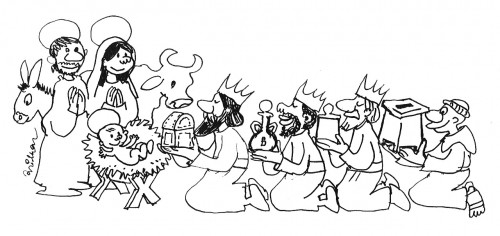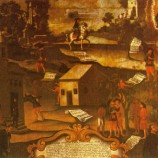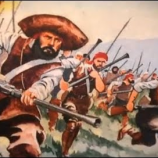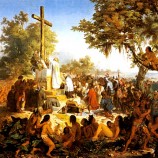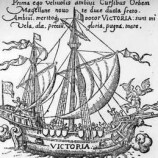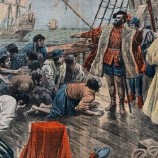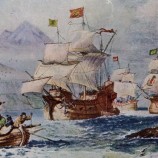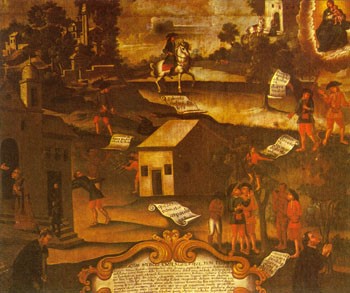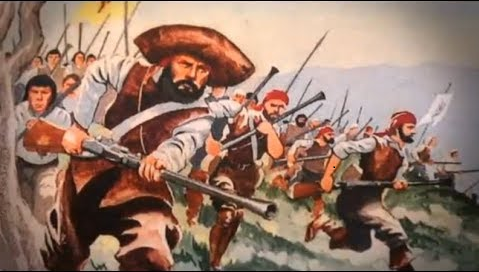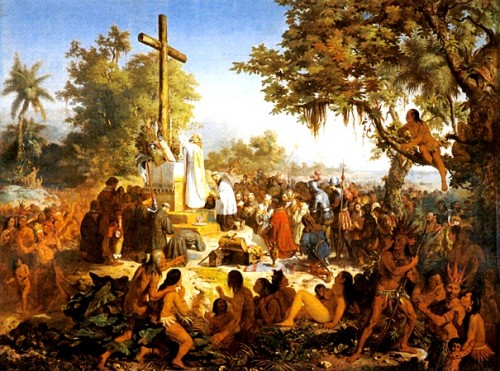Priesthood and Politics – Part 2 – A Little History
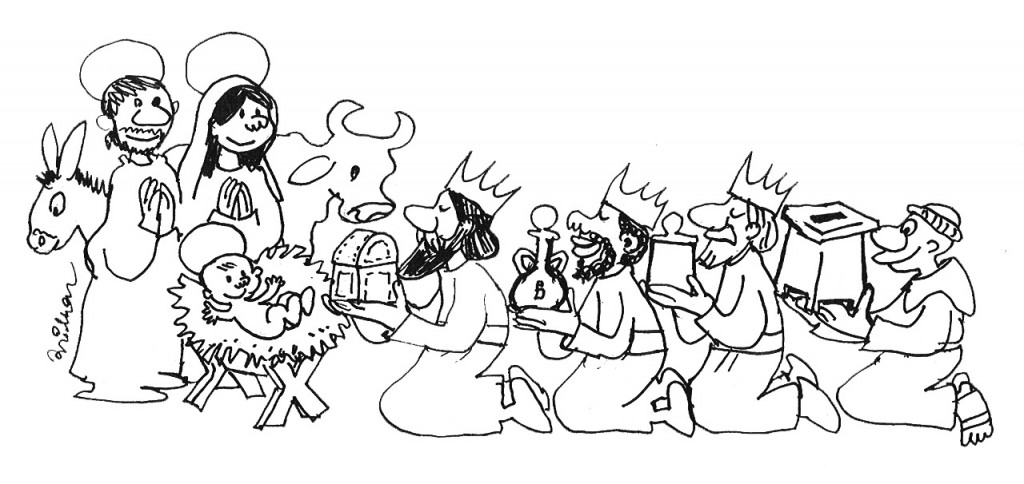
We can also see, dear reader, that the Catholic Church in its present day conjuncture exhibits serious restrictions regarding the presence of priests in politics. But it wasn’t always this way. To exemplify, let’s go back in history to 1817, where in the midst of a revolution that erupted in Pernambuco, government leaders sought inspiration in the French constitutions of 1791, 1793 and 1795. The sons of land magnates traveling overseas, after completing their studies in Portugal or France, returned imbued with new ideas and effectively became their promoters. The Seminar of Olinda was an important stronghold of these illuminist ideas, thus becoming its disseminator. It was one of the best secondary schools in Brazil. In it, the youths were educated according to a new educational model, inspired by the observation of nature and in the valorization of a practical spirit, far from the speculations of Jesuit schooling.
This was the model for high priests who intended to teach in the Seminar, always educating youths attentive to the elements of nature, but also contributed to develop, on the political level, republicans anxious to be freed from the clutches of Portugal. Leaders actively fought for what they called the citizen’s “natural rights,” guaranteeing the individual the right to freedom of thought and expression. It is in this context that the work is highlighted of João Ribeiro, Miguel Joaquim d’Almeida Castro (Father Miguelinho), Joaquim do Amor Divino Caneca (Friar Caneca), João Ribeiro Pessoa de Mello Montenegro e José Inácio de Abreu e Lima (Father Roma), who all held high influence in the Pernambucian Revolultion. Alagoas also became acquainted with stately personas of the clergy such as Monsenhor Capitulino, Monsenhor Cícero Vasconcelos, de Viçosa and Father Medeiros Neto.
In Minas Gerais, among so many personas of the clergy within the political scenario, allow me to cite and take for example here part of the story of Father José Bento, cleric of the Parish of Pouso Alegre since 1810, who was transformed into the most important political leader of the southern state until his death in 1844. In 1834 he was elected Senator of the Imperium after serving several mandates as Provincial and General Deputy. On the occasion of the Independence of Brazil, at a moment when the provinces were defining their governors and authorities, he was elected to take up the position of General Council of the province of Minas Gerais. From there on, the politician supplanted the high priest in him and his political activities would accompany the unfolding events as they ensued in the dynamic center of the country. He was certainly not the only one, but a great example that expresses the priestly figure as seen in politics by way of paying a service to the common good during the upbringings of the Brazilian nationality.
Hence, almost every Brazilian state has relevant figures in its history; celebrities of the clergy such as Father Cícero of Juazeiro, Ceará, Father Ibiapina across the Northeast region, Father Lage in Belo Horizonte, Father Hugo Paiva in Rio de Janeiro, and even a Salesian bishop, Dom Aquino Correia, who was once elected governor of the State of Mato Grosso. For these reasons and others, we cannot deny the participation of many Catholic priests in political movements that have contributed historically to the social emancipation and democratization of Brazil.
At the time of the Catholic Action, which arrived at its peak in the 1960’s, actions were taken based on the Christian commitment regarding the existent reality, to the point of confronting the Brazilian Military Dictatorship. In this context, and in view of our historical process, the contributions made by Pope Paul VI to the political development and movements of Italy cannot be overlooked. The prophetic and Christian commitment of the church in Brazil and in Latin America after the Vatican Council II stimulated many to assume a political responsibility, often subject to serious risks of persecution. As a matter of fact, in this sense we may confirm categorically that striking political proposals were born from pastoral directives of a church committed to the liberation of a people much endured and marginalized throughout Latin America.
But it was only after the inspiration given by the Vatican Council II, and the commitment to the Base Ecclesial Communities, from the Option for the Poor and of the Liberation Theology, that many priests embraced the evangelization with its insertion into the world of politics. Many high priests were persecuted for denouncing many injustices committed by political agents. Many of these voices were tortured and silenced with bullets; they were martyred! Just to cite a few here, who doesn’t remember Friar Tito Alencar, Father Ezequiel Ramin, Father Gabriel, Father John Bosco Burnier, Father Seyyad Casim and even the Archbishop of El Salvador, Dom Oscar Romero?
In this same reflective context, we cannot conclude this article without bringing into perspective the case of the President of Paraguay, Bishop Fernando Lugo. Very recently the world witnessed Fernando Lugo’s conduct in the presidency of Paraguay, elected by the people’s armed forces. Lugo gave up on the ministry episcopal and accepted to be a candidate, having been elected in an overwhelming whirlwind of votes. But also on the 22nd of June of this year, we watched entranced without knowing the reasons as the Paraguayan Congress dismissed Lugo, without at least assuring him the necessary right to defense. This is called a “constitutional coup.” According to the publications of writer and theologian Friar Beto in the agencia de noticias Adital, these measures are being adopted by the United States in Honduras, and now in Paraguay.
It is worrisome to the White House the climbing number of Latin American countries ruled by leaders identified with grassroots aspirations and that are uncomfortable with the interests of such oligarchies. Fernando Lugo was the second Catholic priest elected President of a country in the American continent. The first was Jean-Bertrand Aristide, who ruled Haiti in 1991, from 1994 to 1996, and from 2000 to 2004. The two disappointed their bases of support. According to a comment given by Friar Beto in Adital, they didn’t know how to put into practice the discourse of “option for the poor.” Fearful in the face of the elites, who made important concessions, they did not trust the grassroots organizations.
Related Articles


